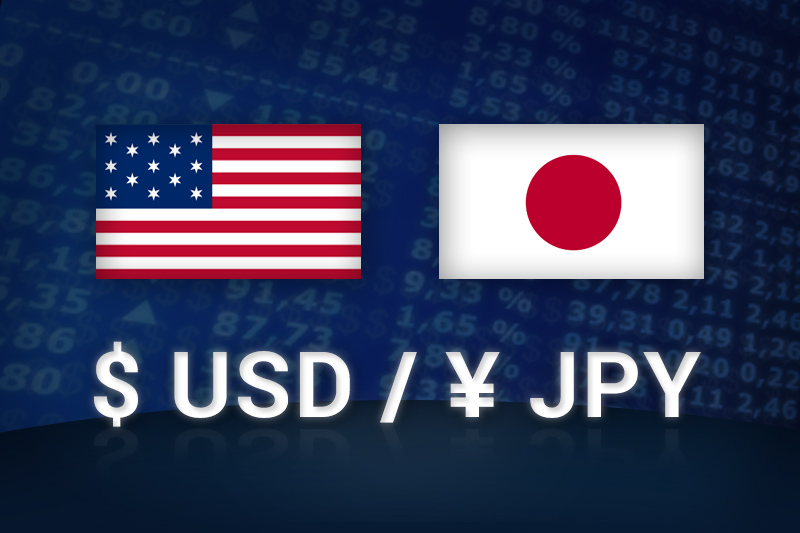Investing.com - The U.S. dollar trimmed losses against the yen on Friday, but remained under pressure as euro zone debt concerns and fears over U.S. fiscal policy broadly boosted demand for the safe haven yen.
USD/JPY pulled away from 79.08, the pair's lowest since October 18, to hit 79.30 during European afternoon trade, still down 0.19%.
The pair was likely to find support at 78.99, the low of October 18 and resistance at 79.61, the day's high.
Market sentiment waned after Germany's Economy Ministry said that growth was likely to slow in the fourth quarter and the first three months of 2013, while the French central bank said it expected the euro zone's second-largest economy to slip into recession towards the end of 2012.
Investors were also eyeing a Greek parliament vote on Sunday on its 2013 budget. The budget must be passed to unlock a further tranche of international aid.
On Thursday, German Finance Minister Wolfgang Schaeuble said next week may still be too early to make a decision on granting further aid to Athens, despite a successful vote on new austerity measures.
Markets were also jittery amid concerns over the U.S. fiscal cliff, automatic tax hikes and spending cuts due to come into effect on January 1 unless lawmakers can reach an agreement, which could threaten U.S. and global growth.
The yen was sharply higher against the euro with EUR/JPY dropping 0.52%, to hit 100.77.
Also Friday, official data showed that industrial production in France dropped 2.7% in September, more than the expected 1% decline, after a 1.9% rise the previous month.
In Italy, industrial production tumbled 1.5% in September, compared with expectations for a 1.4% drop, after a 1.7% increase the previous month.
Later in the day, the U.S. was to produce preliminary data from the University of Michigan on consumer sentiment.
USD/JPY pulled away from 79.08, the pair's lowest since October 18, to hit 79.30 during European afternoon trade, still down 0.19%.
The pair was likely to find support at 78.99, the low of October 18 and resistance at 79.61, the day's high.
Market sentiment waned after Germany's Economy Ministry said that growth was likely to slow in the fourth quarter and the first three months of 2013, while the French central bank said it expected the euro zone's second-largest economy to slip into recession towards the end of 2012.
Investors were also eyeing a Greek parliament vote on Sunday on its 2013 budget. The budget must be passed to unlock a further tranche of international aid.
On Thursday, German Finance Minister Wolfgang Schaeuble said next week may still be too early to make a decision on granting further aid to Athens, despite a successful vote on new austerity measures.
Markets were also jittery amid concerns over the U.S. fiscal cliff, automatic tax hikes and spending cuts due to come into effect on January 1 unless lawmakers can reach an agreement, which could threaten U.S. and global growth.
The yen was sharply higher against the euro with EUR/JPY dropping 0.52%, to hit 100.77.
Also Friday, official data showed that industrial production in France dropped 2.7% in September, more than the expected 1% decline, after a 1.9% rise the previous month.
In Italy, industrial production tumbled 1.5% in September, compared with expectations for a 1.4% drop, after a 1.7% increase the previous month.
Later in the day, the U.S. was to produce preliminary data from the University of Michigan on consumer sentiment.
